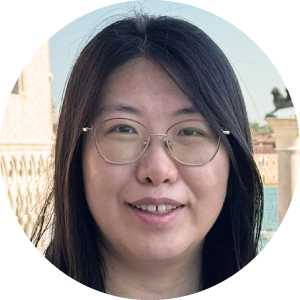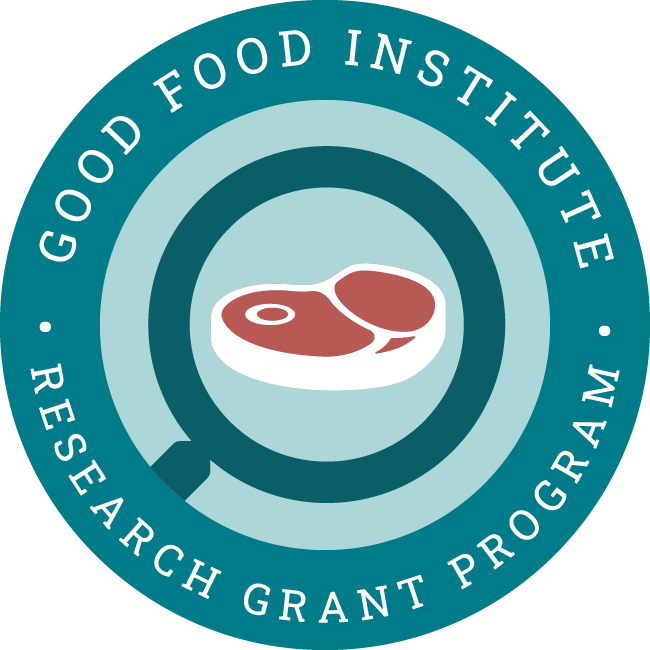Seaweed proteins for cultivated meat (SeaToMeat)
2025 – 2027
This project generates low-cost, high-performance hydrolysates from seaweed proteins for cell culture media to support cultivated meat production.
Production platform: Cultivated
Technology sector: End product formulation & manufacturing, environmental assessments, Feedstocks optimization, Food safety & quality, Ingredient optimization

Project aims
This project aims to tackle cultivated meat industry challenges by generating low-cost, high-performance hydrolysates for cell culture media. In this innovative initiative, seaweed proteins are converted into high-value hydrolysates, supporting circular economy principles. Protein hydrolysates are mixtures of amino acids, small proteins, and bioactive compounds that form when large proteins are broken down into smaller components.
In collaboration with research institutions such as the Singapore Institute of Technology, James Cook University in Singapore and Australia, and industry partner Umami Bioworks, the project employs advanced technologies to optimize the breakdown (hydrolysis) of seaweed protein from sustainable farms in Indonesia and Australia. This process produces hydrolysates optimized for cultivated meat, providing a scalable, cost-effective, and serum-free culture media solution—a critical need for the sector.
Focusing on scalability and replicability, this project is poised for regional and global impact, addressing market demand for cultivated meat production. The project fosters collaboration between industry stakeholders and research institutions, driving towards the common goal of achieving cost-effective cultivated meat.
Principal Investigator

Prof. Juan Du
Associate Professor, Food, Chemical and Biotechnology
Singapore Institute of Technology, Singapore
Juan Du received her PhD from Purdue University. She leads research on alternative proteins at the Singapore Institute of Technology. She is the editor-in-chief of Food Biomacromolecule and won the 2023 Purdue Young Alumni Award. She also serves as an adjunct professor at Purdue, is on the Singapore Food Standards Regulatory Standards Committee, and co-chairs United Nations Sustainable Development Goals courses.

Research Grant Program
Explore grant opportunities and GFI-funded projects that are driving innovation and breaking boundaries in alt protein research.
